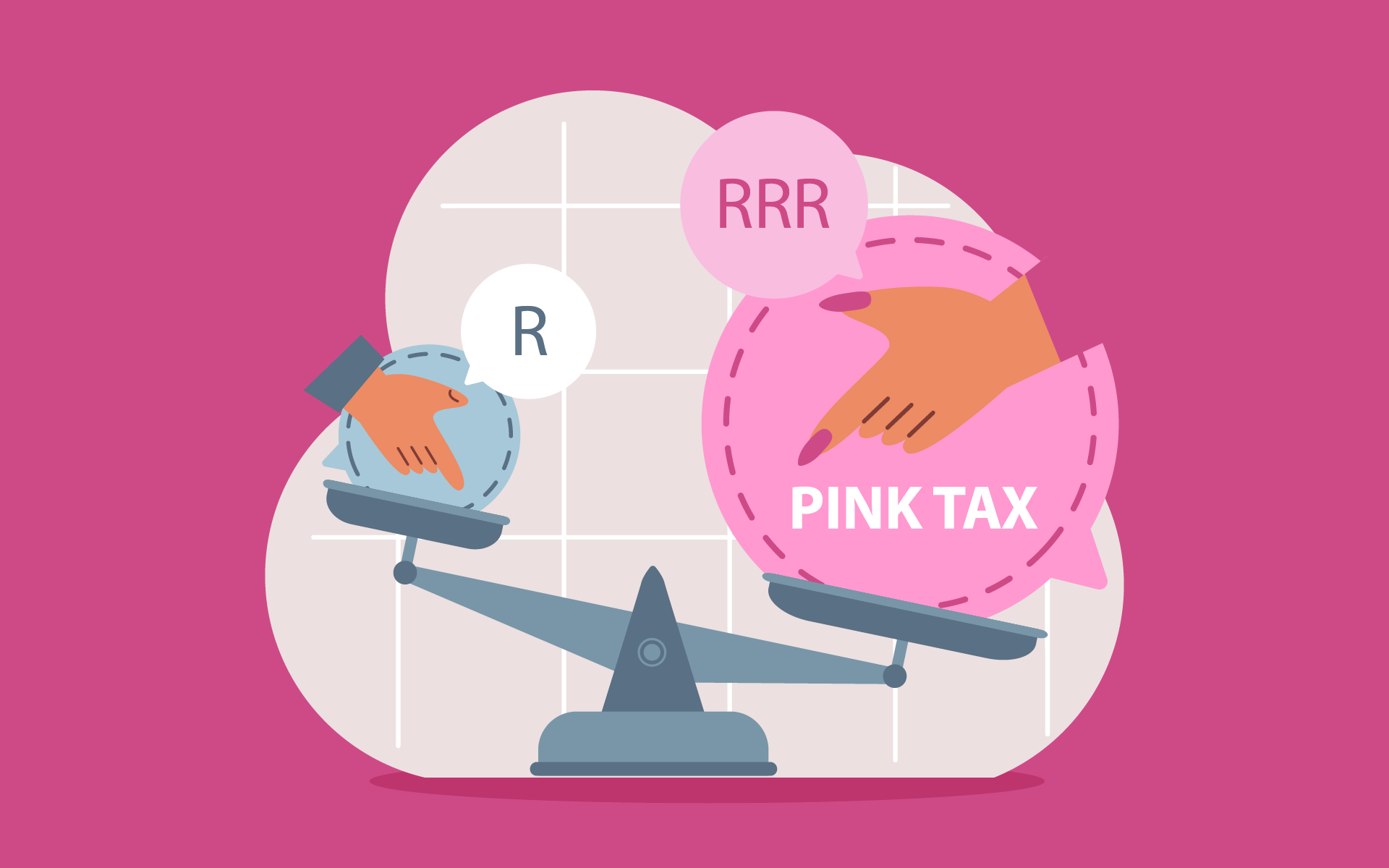“Pink tax”? Relax, it’s got nothing to do with Barbie. Rather, according to the World Economic Forum, pink tax is a gender-based disparity in pricing. In short, women pay more than men do for identical consumer goods and services, such as clothing and personal care items.
Pink razors, for example, can be more expensive than the identical model in a more dusky shade, say blue, or at the very butchest, black.
The good news is that years of advocacy and action against pink tax in the marketplace seems to be paying off.
In California, laws have been enacted to combat gender-based pricing discrimination, and even the United Nations called for “an end to the practice of gender-based price differentiation, also known as the ‘pink tax’”.
The bad news is that the practice persists when it comes to personal finance and savings. It starts early on in life. While boys are encouraged to be daring and bold, girls are often taught to be kind and cautious.
The latter qualities doubtless make the world a gentler and better place, but they can lead to women choosing against their best interests when it comes to money matters.
In South Africa, as in many parts of the world, women suffer from a systemic gender disadvantage. This typically starts at birth, is magnified through education, and peaks during a woman’s working life, especially if her career is interrupted by pregnancy and the raising of children.
This inequality is well documented in the recently released Stats SA report, Gender Series Volume IX: Women Empowerment, 2017–2022.
It’s not difficult to see how inequality in opportunity and income levels would mean that women, in general, have less money to save.
And according to June 2023 data from the Brand Atlas Survey, which measures the lifestyles of more than 15-million economically active South Africans, a third more women than men are not saving or investing at all.
The survey reveals that many women who can afford to save are not investing their money for growth, effectively losing their hard-won gains.
Only 25 per cent of women said they were investing any of their savings for growth, compared with 40 per cent of men.
That is a lot fewer women harnessing the power of the market to grow their savings. Instead, they are leaving their money in the safety of a banking account, or similar.
Money held in a savings account will typically earn just above inflation. To ensure that the returns do more than just keep up with inflation, at least some of that money should be invested in shares or equities.
As the Brand Atlas data shows, many more South African men than women are gaining this game-changing advantage: 24 per cent of men described themselves as “an investor who invests in various options to grow my wealth”, compared with only 14 per cent of women.
Women need to take the fight against pink tax to their personal finances too, so that the many small wins can be translated into victory in the battle for financial equality.

Leave a Reply